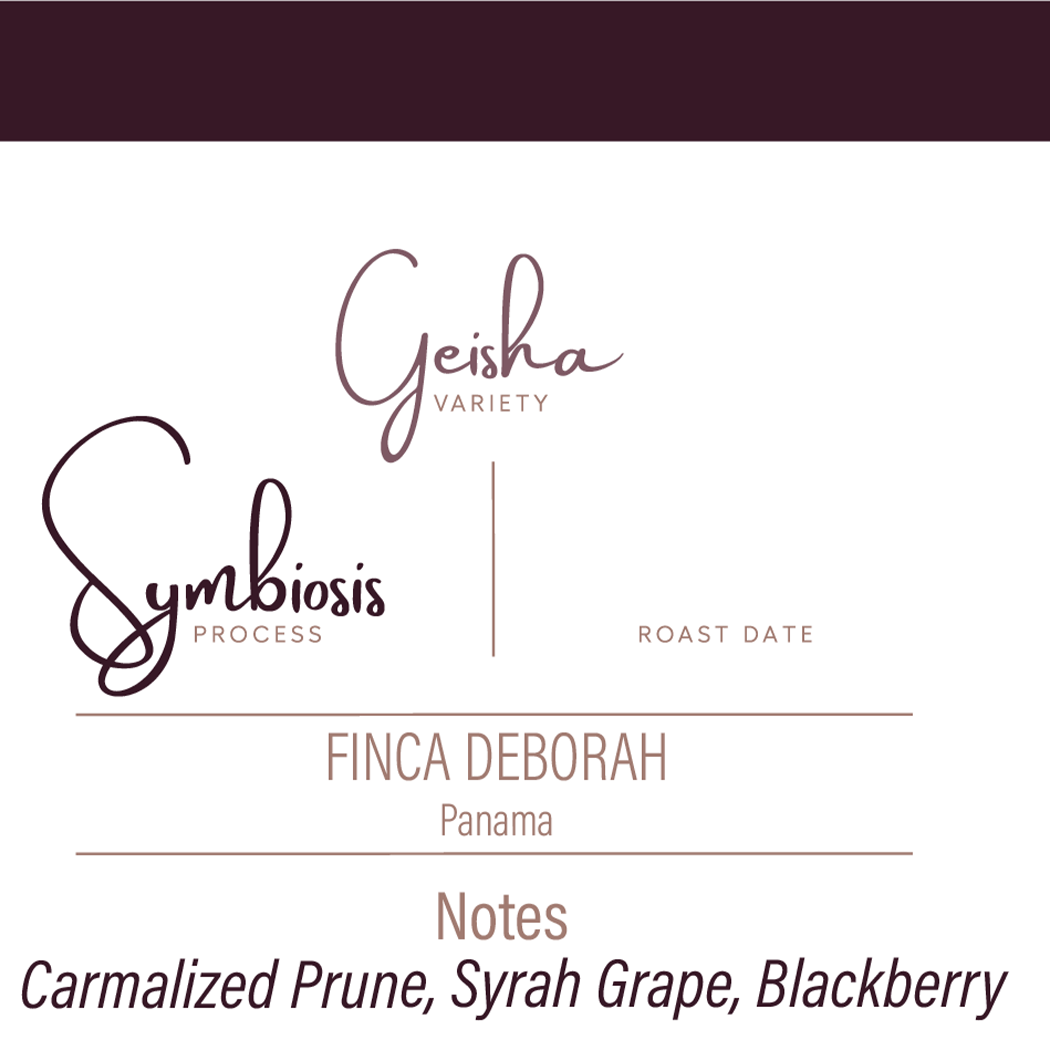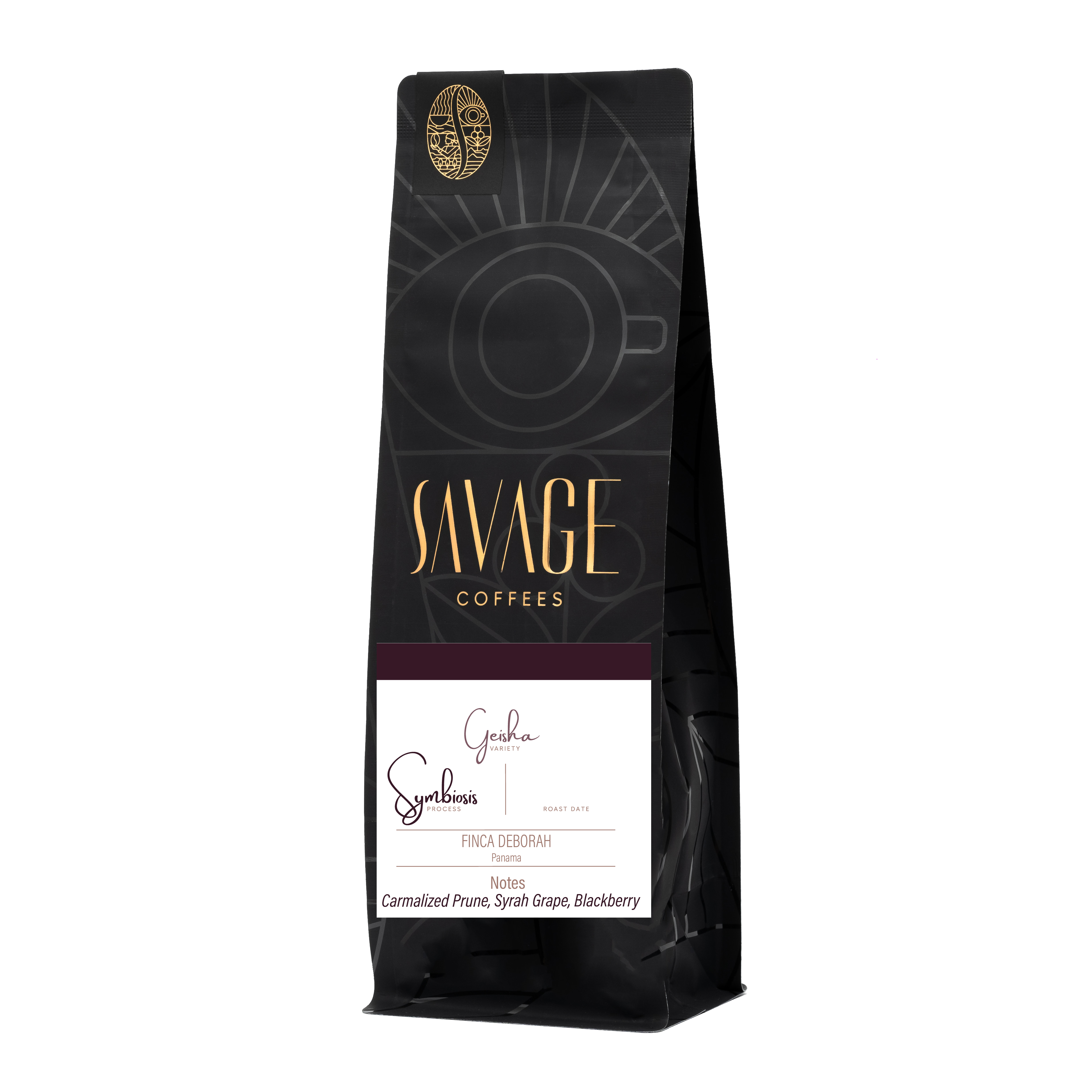

Symbiosis | Anaerobic Natural Process Geisha
Pickup available at St Petersburg
Usually ready in 24 hours

Symbiosis | Anaerobic Natural Process Geisha
200g
St Petersburg
Pickup available, usually ready in 24 hours
2756 25th St N
St. Petersburg FL 33713
United States
Description
Expressive and forward, yet balanced natural anaerobic. Whole cherries spend an extended period in hermetically sealed tanks allowing the coffee to absorb a multitude of complex, layered flavors, all while respecting both variety and the unique terroir that is, unmistakably, Finca Deborah.
Roast Profile | Light
Flavor Notes ~ Notes of caramelized prunes, port wine, syrah grape, and blackberry; with a vibrant profile of rich stone fruits, creamy in texture, complimented by a maple syrup sweetness.
Producer ~ Finca Deborah
Process ~ Natural Anaerobic
Variety ~ Geisha
Region ~ Chiriqui, Panama
Terroir ~ Rainforest, Shade-grown, Volcanic Soil, 1,900 MASL
Choose options


Symbiosis | Anaerobic Natural Process Geisha
Sale price$45.00 USD
Regular price
